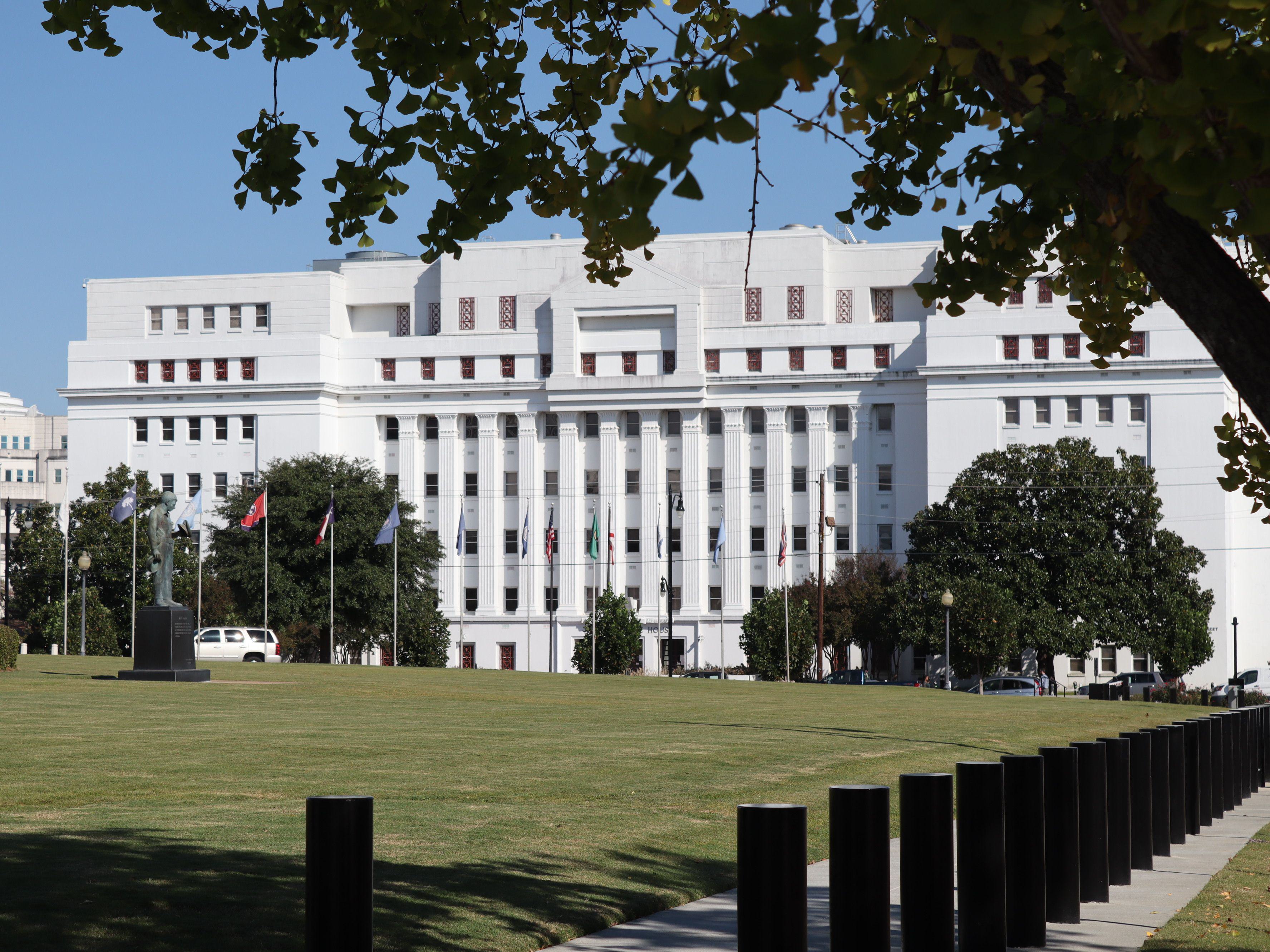Proposed legislation that would gradually phase out municipal occupation taxes stalled in committee earlier this week with legislators decided they needed more time to discuss it with their local communities.
Senate Bill 44 is sponsored by State Senator Andrew Jones (R-Centre).
“I have a philosophical difference with occupation taxes and taxing a person for working,” Jones told the members of the Senate Governmental Affairs Committee on Jan. 18.
The federal government and the state collects income taxes, but local governments are forbidden by state law from also levying an income tax. However, local governments are permitted to levy a tax on wages. People who work in a municipality may be required pay a percentage of their wages to the city government through a payroll tax for the privilege of working in that city. Pensions, profits, capital gains, rents, dividends, investment income, etc. are not subject to occupation taxes, which is the difference between an occupation tax and an income tax.
“Some 22 cities in Alabama have occupation taxes,” Jones said. “They now have to come through the legislature to levy a new occupational tax. Five out of the 22 are in my district.”
“The other is taxation without representation. Many of these people do not live in the city. They are taxed where they work but have no say so because they cannot vote for the mayor and the city council."
Jones acknowledged that cities have budgeted around this money, and that all the cities with occupation taxes “are on par with other cities that do not have an occupational tax in terms of sales taxes” and other revenue sources.
“Why do some of these municipalities have an occupational tax when other municipalities do not?” Jones asked.
Jones explained that his bill would gradually remove the tax. The tax would decrease by one-tenth of one percent every year until it is eliminated.
“For a city with 2% [occupational tax] it would take 20 years,” Jones said.
Jones also explained that his bill would freeze collection of the occupational tax in the current city limits and could not be levied on businesses in the police jurisdiction of a municipality, but outside of the city limits.
It also “would not apply to an industrial complex annexed into the city,” Jones said.
Jones said that city government leaders even within his district do not agree, but “if you polled the public, an even higher percentage would agree.”
Sen. Linda Coleman-Madison (D-Birmingham) spoke against SB44.
“People are coming to Montgomery [and] if they have an accident the city has to come work the accident,” Coleman-Madison said. “If they are hurt the city has to take them to the hospital. The city maintains the roads that they are driving in.
“The venues they enjoy are maintained by the city. Everybody gets an opportunity to come in and enjoy the venues and amenities provided by the city.”
Coleman-Madison said that abolishing the occupation taxes, “Would be a huge impact for those who live in the city and those who depend on city services.”
“They are taxing in many other ways,” Jones said. “If they buy gas in the city, they pay gas taxes. If they buy groceries in the city or shop, they pay sales taxes.”
Lori Lein is the general counsel for the Alabama League of Municipalities. Lein said that the League opposes Jones’ legislation.
“One of the key fundamental points that I would start with is that it is local,” Lein said. “That is where these decisions need to be made. We are the government that is closest to the people.
“The police jurisdiction language is completely unnecessary."
Coleman-Madison pointed out that "people that live in the city limits also pay this tax. The vast majority of the citizens that pay this do have a say when they get to vote for the mayor and city council every four years.”
Coleman-Madison introduced an amendment that takes out Class One municipalities.
Sen. Tom Butler (R-Madison) asked, “Huntsville is the largest city in the state after the last census. What classification is Huntsville?”
“Huntsville has been classified as Class 3,” Lein said.
Butler asked that the committee carry over the amendment and the bill.
“This needs a lot of work and I need to talk to the city of Huntsville about classification,” Butler said.
SB44 was carried over at the call of the chair.
The Chairman of the Senate Governmental Affairs Committee can put SB44 back on the agenda at a future meeting of the Committee.
The committee is chaired by Sen. Jimmy Holley (R-Elba).
The legislature can take up this issue and many more once the 2022 Alabama Regular Legislative Session resumes on Feb.1. The Legislature is currently in special session to deal with appropriating the ARPA funds.
To connect with the author of this story, or to comment, email brandon.moseley@1819News.com.










